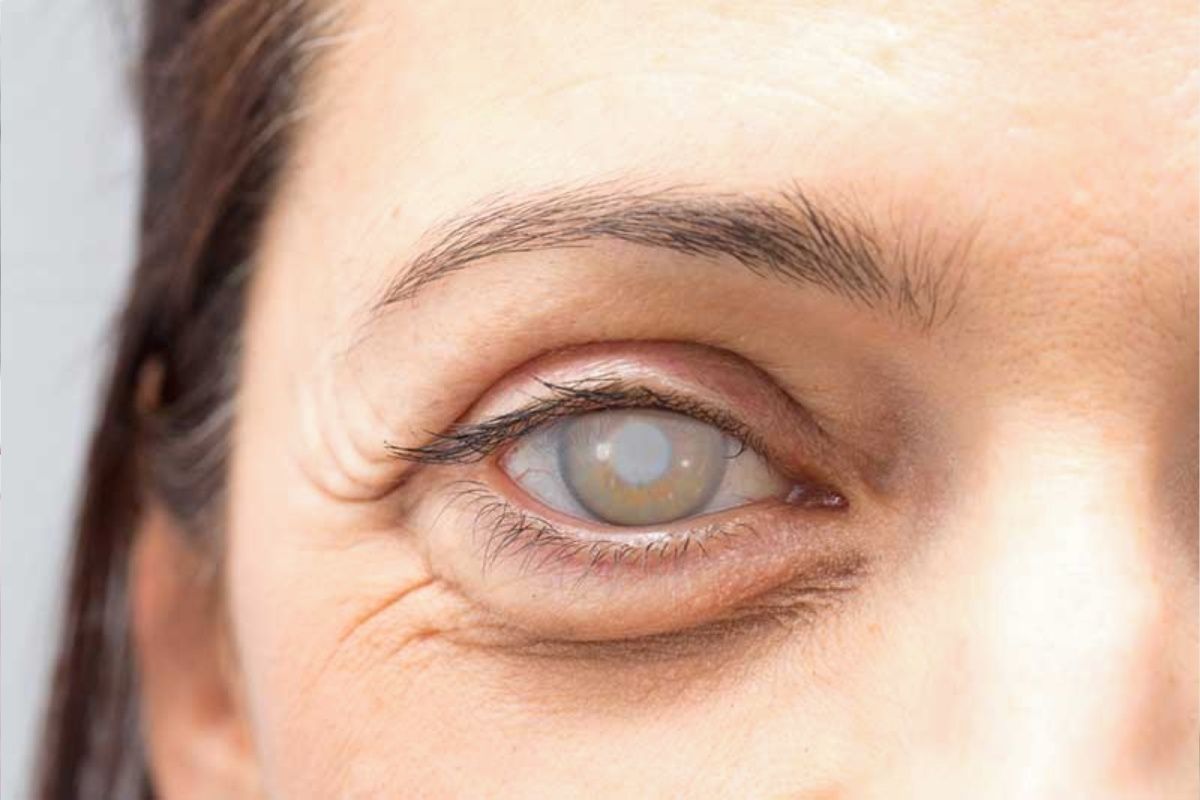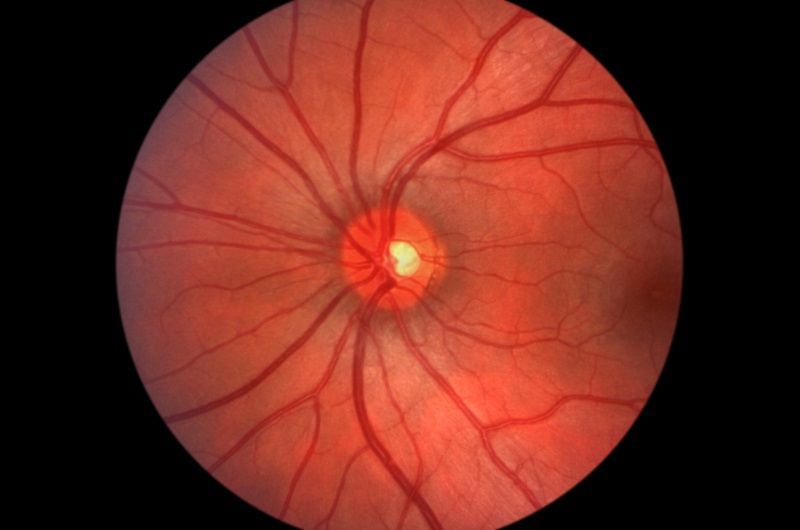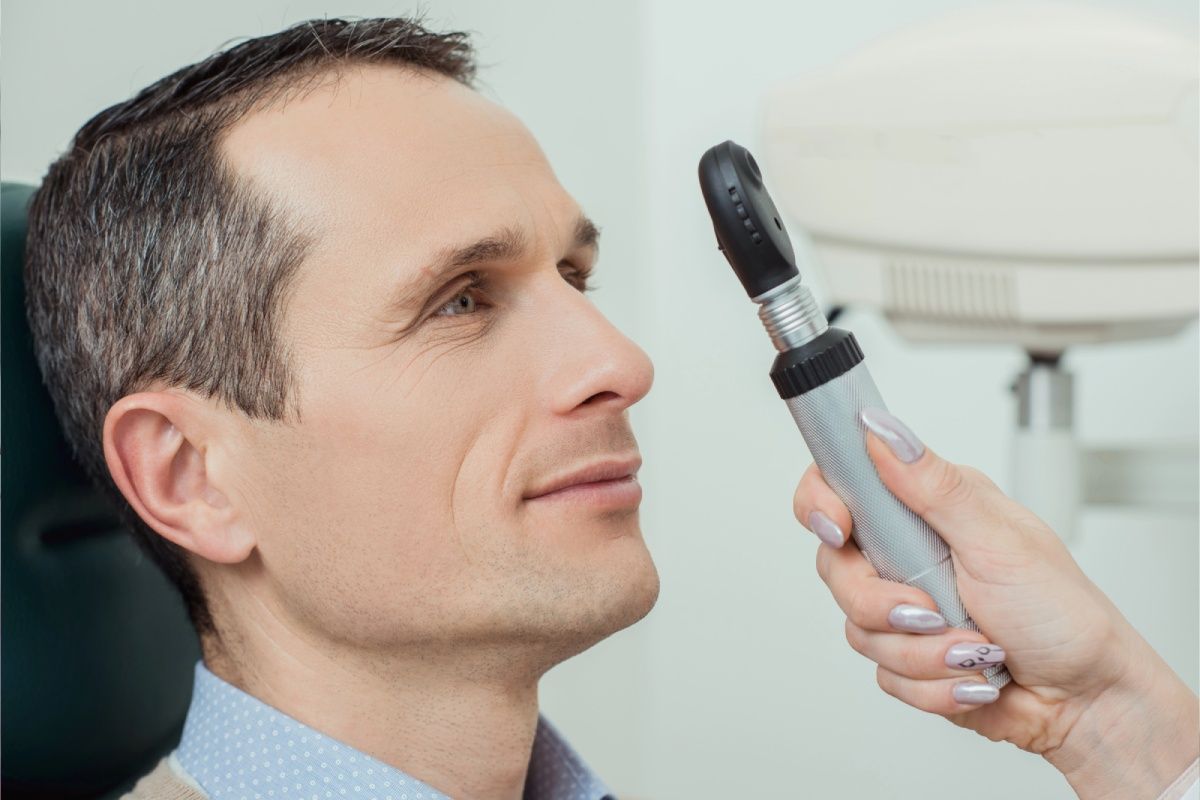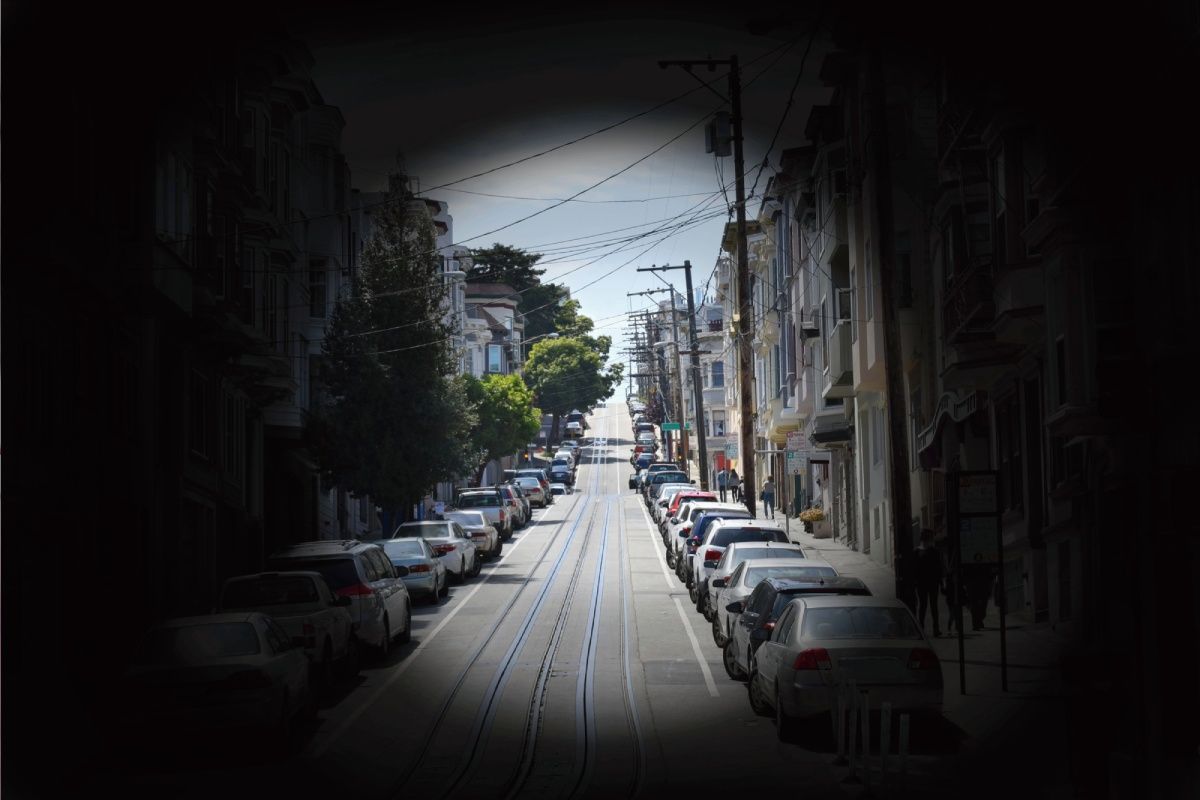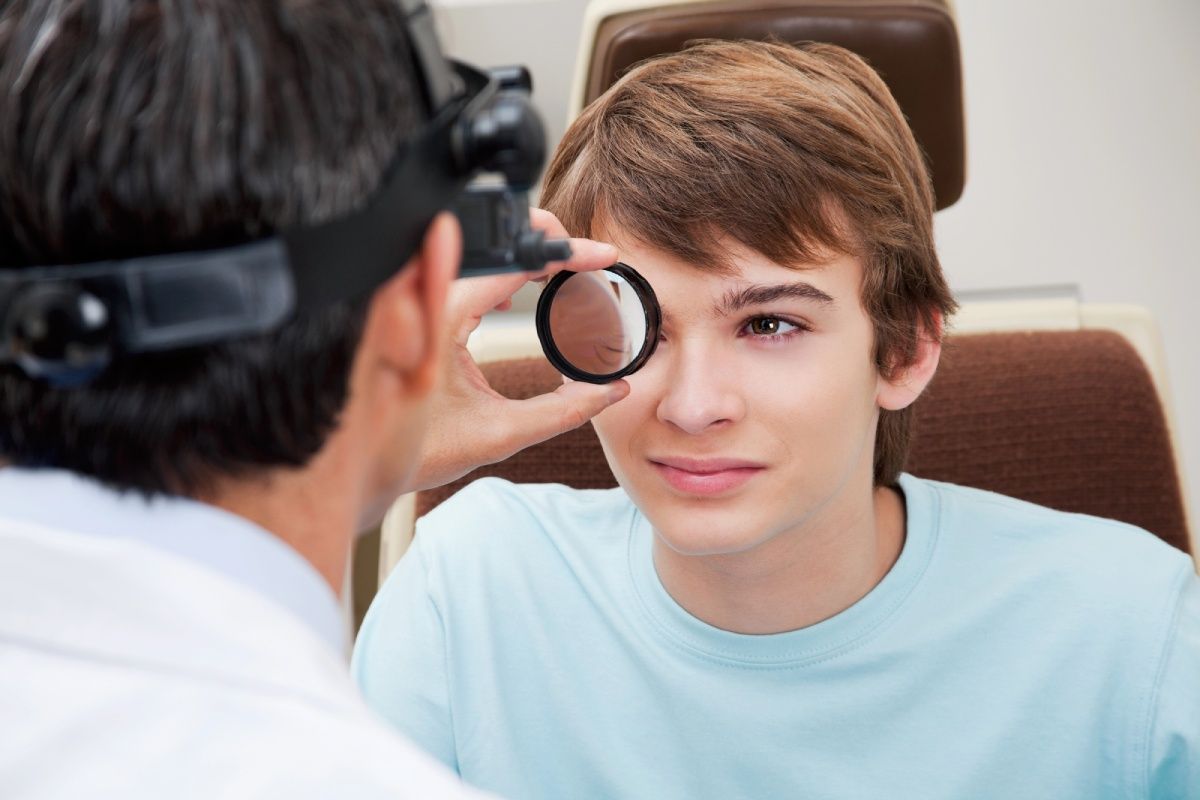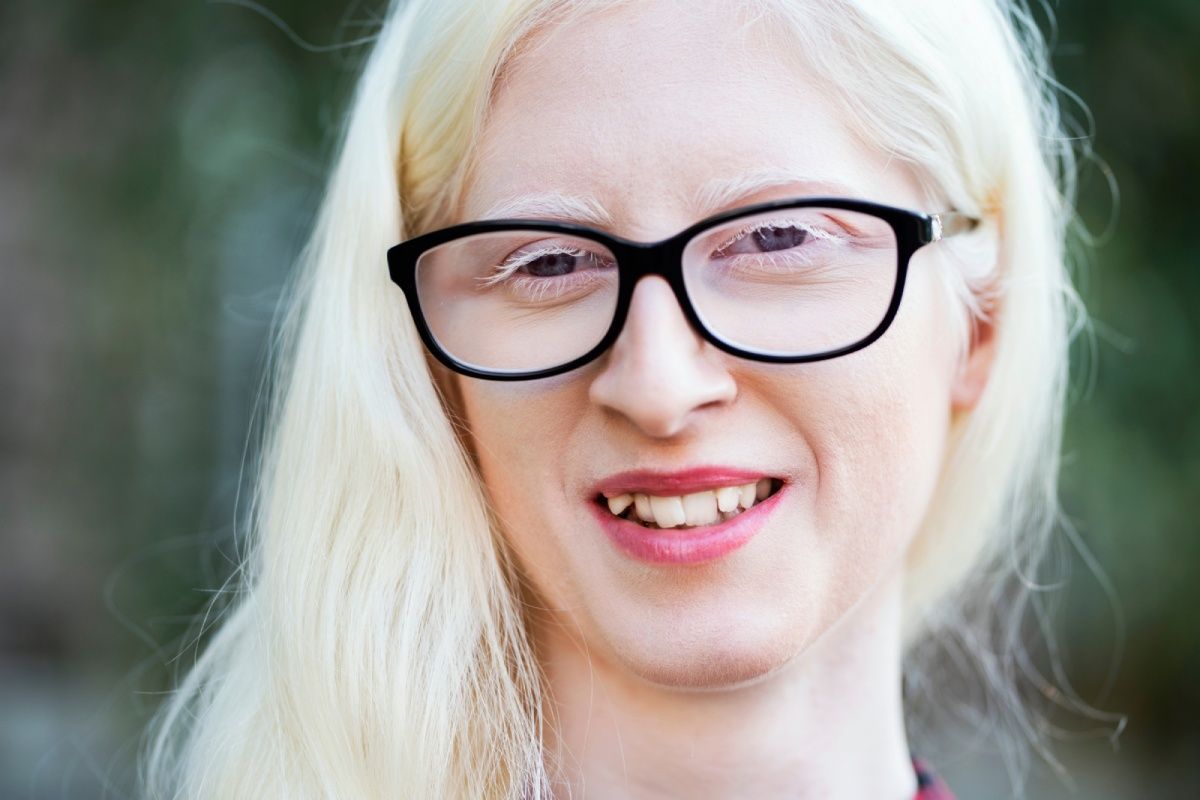Conditions Treated
Comprehensive Low Vision Care for All Conditions
Expert Low Vision Care
Here at Southern Low Vision we know how important low vision care is to you in helping you maintain your independence and continue doing the things that you still want to do. We are dedicated to providing comprehensive low vision care for any vision condition that prevents the individual from doing the things that they want, like reading, watching TV, seeing people’s faces and even driving. Some of the conditions that we treat include:
Macular Degeneration
Cataracts
Glaucoma
Diabetic Retinopathy
Retinitis Pigmentosa
Stargardt Disease
Rod-Cone Dystrophy
Albinism
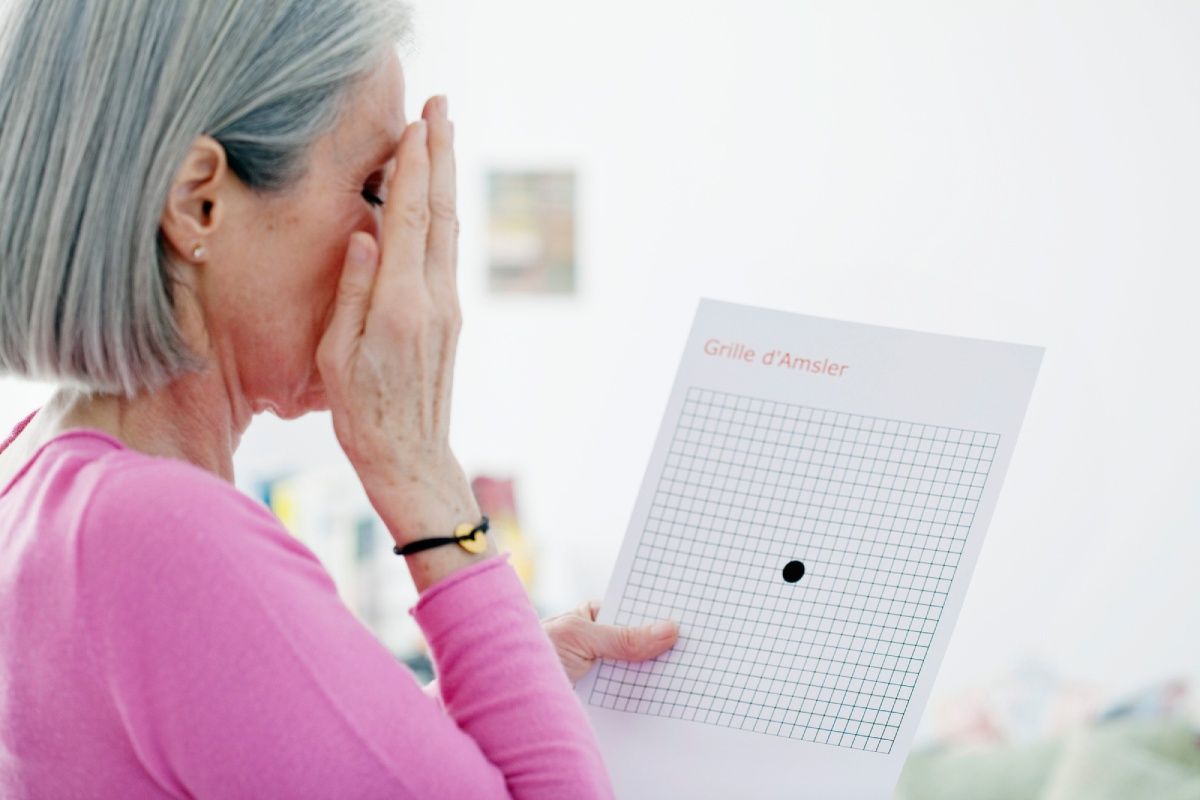
Macular Degeneration
Macular degeneration is a deterioration of the central portion of the retina, the inside layer of the eye that records the images we see and sends them through the optic nerve from the eye to the brain for processing. The macula, or the center of the retina, is responsible for focusing central vision in the eye and controls our ability to see and process information.
Cataracts
Cataracts cause a clouding of the lens in the eye, making your vision appear to be foggy. Cataracts are the most common cause of vision loss in people over 40 and are the leading cause of blindness in the world.
Most of our elderly patients have already had their cataracts removed. However, in some instances cataracts become inoperable. In that instance, low vision care is the answer. Your lens is primarily made up of water and proteins. The proper arrangement of these proteins is what contributes to normal vision. Some of these proteins clump together forming a clouding of the lens.
Glaucoma
Glaucoma occurs from damage to the eye’s optic nerve and can often lead to loss of vision and blindness.
Low vision care is extremely useful for patients with glaucoma, it is the 2nd most frequent condition we treat. While it is usually true that nothing more can be done for the eye, it is almost never true that nothing more can be done for the patient.
Diabetic Retinopathy
Diabetic retinopathy is a vision condition caused by damage to the blood vessels in the retina due to diabetes. At Southern Low Vision, Dr. Roderick Fields helps patients with diabetic retinopathy maximize their remaining vision through specialized evaluations, low vision devices, and personalized care plans. Early intervention and customized support can help maintain independence and improve quality of life.
Retinitis Pigmentosa
Retinitis Pigmentosa (RP) is a progressive genetic eye condition that gradually reduces vision, often affecting night and peripheral vision first. Dr. Roderick Fields provides personalized low vision evaluations and specialized devices to help patients with RP maintain independence and continue daily activities with greater ease. Early support and tailored solutions can make a meaningful difference in quality of life.
Stargardt Disease
Stargardt Disease is an inherited form of macular degeneration that typically causes central vision loss in children and young adults. Dr. Roderick Fields offers specialized low vision evaluations and custom devices to help patients with Stargardt Disease maximize their remaining vision, maintain independence, and continue daily activities with confidence. Early intervention and tailored support can significantly improve quality of life.
Rod-Cone Dystrophy
Rod-Cone Dystrophy is a progressive eye condition that affects the light-sensitive cells in the retina, leading to night blindness and gradual loss of peripheral and central vision. Dr. Roderick Fields provides personalized low vision evaluations and custom assistive devices to help patients with Rod-Cone Dystrophy maintain independence, navigate daily life, and maximize their remaining vision. Early support and tailored solutions make a meaningful difference in quality of life.
Albinism
Albinism is a genetic condition that affects the eyes and skin, often resulting in reduced visual acuity, light sensitivity, and nystagmus. At Southern Low Vision, Dr. Roderick Fields provides specialized low vision evaluations and customized devices to help patients with albinism make the most of their vision, improve daily functioning, and maintain independence.

